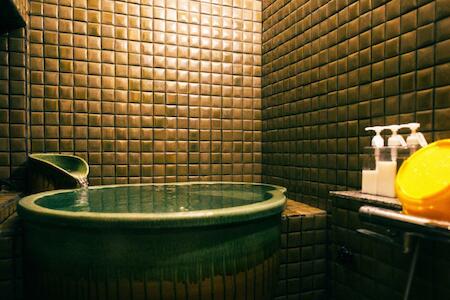Looking for budget stays in Fuji? This section is designed to save you time, money, and unnecessary stress. We've got insider tips to help you find affordable hostels and the cheapest places to stay in Fuji.

Situated along the banks of the Fuji River and at the eastern base of Japan’s famous Mount Fuji, the city of Fuji in Shizuoka Prefecture offers a unique opportunity for tourists looking to explore this cultural landmark. The nearby Pacific Ocean, thanks to the city’s proximity to Suruga Bay, provides Fuji with a mild maritime climate, featuring hot, humid summers and cool, pleasant winters – making this area perfect for outdoor recreation.
People come to Fuji from far and wide to experience the majestic beauty of Mount Fuji, which is a world-famous symbol of Japan that has been depicted in literature and paintings throughout history. To this day, the town celebrates Yabusame Festival in the Fujisan Hongu Sengen Taisha Shrine, featuring a traditional Japanese samurai performance.
Staying in a hostel or hotel near the mountain gives visitors the perfect opportunity to explore this impressive landform. Shiraito Falls, or the Asagiri Highlands, provide spectacular views of the mountain and the surrounding landscapes, and from Lake Tanuki, tourists can enjoy the stunning “Diamond Fuji” moment – the sun rising at the top of this magnificent mountain.
There is plenty to explore within the city of Fuji, as well. A stay at a local hostel or hotel offers the chance to experience shopping and dining in this exciting community. Traditional Japanese food is served in eateries all over town, and the shops here are full of locally crafted goods. Just walking out the door of your hostel or hotel will provide you with abundant opportunities to engage with the culture of Japan.
Shuttles are available to bring visitors to Fuji from the Tokyo airport, or you can take the train to the station at Mount Fuji. An express bus can bring tourists to the slopes of the mountain from Shinjuku in Tokyo, and takes approximately two hours.
Written by Travel Expert Fuji
 Jakob Lombardi
Jakob Lombardi